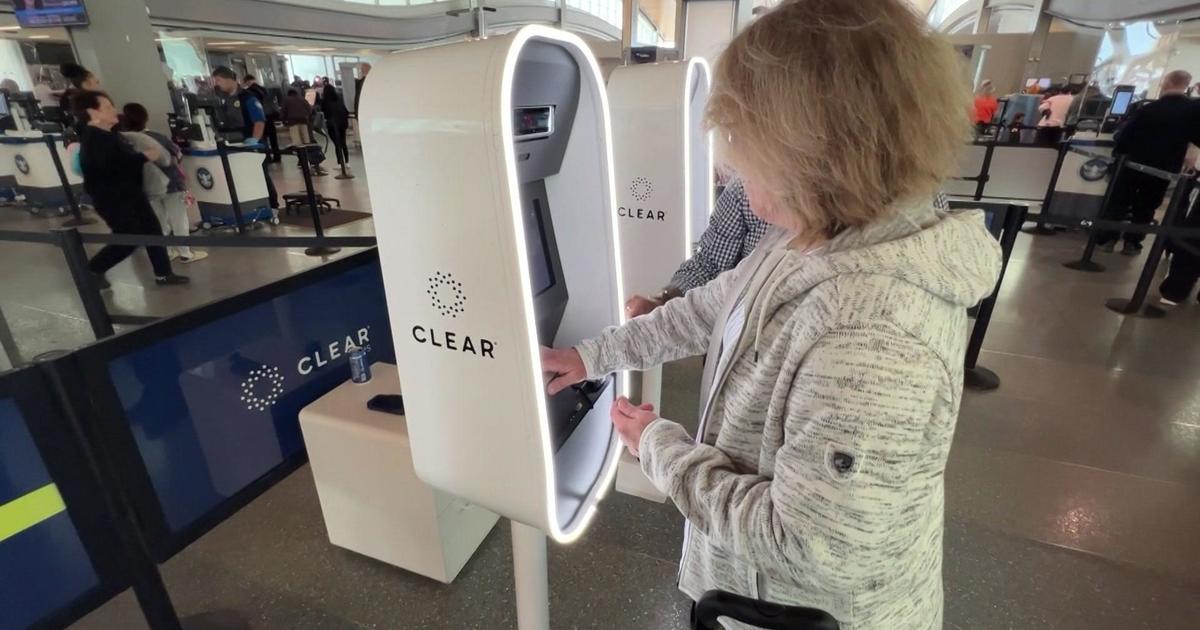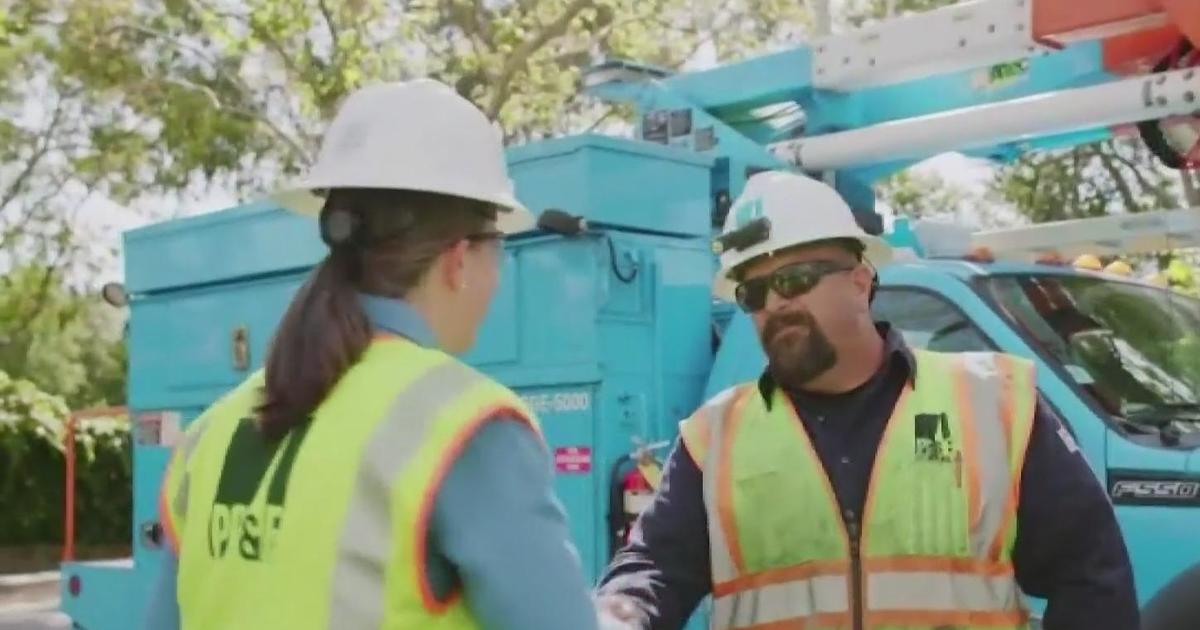Questions Raised About California Proposal To Push Back School Start Times
SACRAMENTO (CBS13) - California middle and high school students could get to sleep in a little later starting in the 2022-2023 school year.
Senate Bill 328 would prevent high schools from starting the school day before 8:30 am. Middle schools wouldn't be allowed to start before 8 am. A previous version of the bill put the start times for both no earlier than 8:30 am but the time was changed for middle schools in the Senate Appropriations Committee.
The bill passed the Assembly Education Committee Wednesday by a vote of 4-1.
Rural counties would be exempt from specified start times.
Currently, more than three-quarters of middle and high schools in California start before 8:30 am. The average start time for California-based middle and high schools is 8:07 am, according to the Centers for Disease Control. However, according to the bill analysis, "the survey did not distinguish between the regular school day and zero periods, as this bill does, nor does the survey distinguish between public middle, high, and combined schools. Therefore, the reported start times are likely to include zero periods from schools in which most students attend a zero period class, so they are not necessarily an accurate reflection of the start times for the regular school day."
- Before 7:30 a.m., 3.5% of schools
- 7:30 to 7:59 a.m., 27.7% of schools
- 8:00 to 8:29 a.m., 47.6% of schools
- 8:30 a.m. or later, 21.2% of schools
A study done by the American Academy of Pediatrics said teens not getting enough sleep was "an important public health issue that significantly affects the health and safety" of students.
Governor Jerry Brown vetoed similar legislation last session, saying:
"This is a one-size-fits-all approach that is opposed by teachers and school boards. Several schools have already moved to later start times. Others prefer beginning the school day earlier. These are the types of decisions best handled in the local community."
The bill's author, Senator Anthony Portantino, wrote the bill is needed because, "The leaders of local school districts are or should be well-aware that requiring students – especially adolescents – to wake, travel to school, and learn during early morning hours is contrary to the developmental needs and biological sleep cycles of growing minds and bodies. Yet, only a handful of districts have been proactive in doing what is right for students by making the change back to traditional school hours, which prior to the 1980s had most school opening between 8:30 and 9 a.m. Today, most middle and high schools begin at or way before 8 a.m."
The Assembly Education Committee did raise some concerns, including the impact on:
- Home-To-School Transportation- including bus routes, bus purchases, hiring additional drivers
- Before and After School Programs- including needing to provide more before school care
- Elementary School Start Times- possibly starting and ending earlier in order to accommodate transportation for middle and high school
- Extracurricular Activities- including pushing back practice and game start times
- Collective Bargaining Agreements- "Hours of Employment" are included within the scope
Opponents also pointed out a later start time would create unintended costs and consequences for working parents responsible for getting their children to school and still arriving to work on-time.
The Elk Grove Unified School District wrote in opposition:
"…the permissive nature of the California Education Code currently allows Local Education Agencies to set their own start times. The fact that today more than one in five school districts voluntarily meet SB 328's standards proves the bill is unnecessary for communities that would be well
served by later start times. For communities and school agencies that would be burdened by a later school schedule, however, SB 328 would present tremendous difficulties with significant opportunity costs. And because school schedules have such a wide-ranging and significant impact on operations and expenses, a great number of districts would be hurt by this legislation for a number of different reasons. Determining school schedules is a decision that even more than most should reflect specific conditions and be decided locally, not from Sacramento."
Vacaville Unified implemented a later school start time last school year. Several students CBS13 spoke with said the later time didn't help. "You're really just staying up later, and you're just leaving the same amount of time and just waking up, just at a different time," Noah Windham said.
They say it's harder to fit in time for homework after getting home late from athletics, and their grades are taking a hit. But Vacaville District leaders say since this policy started, the data they've taken is mainly positive.
"Certainly first-period tardiness is way down, so that's a good sign generally. Attendance is better, grades seem a little bit better," said ED Santopadre, Assistant Superintendent, with the Vacaville Unified School District.
Other students agree with that.
"I like it because last year I used to skip first period a lot so my grade in that class dropped a lot. But this year, because I get to sleep longer, I've been getting to school on time," said senior Nika Nowroozi.
If SB 328 passes Vacaville could be one of the model districts for the state.



